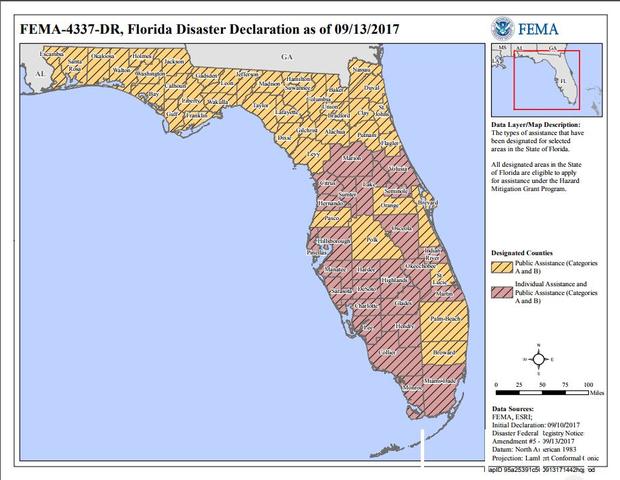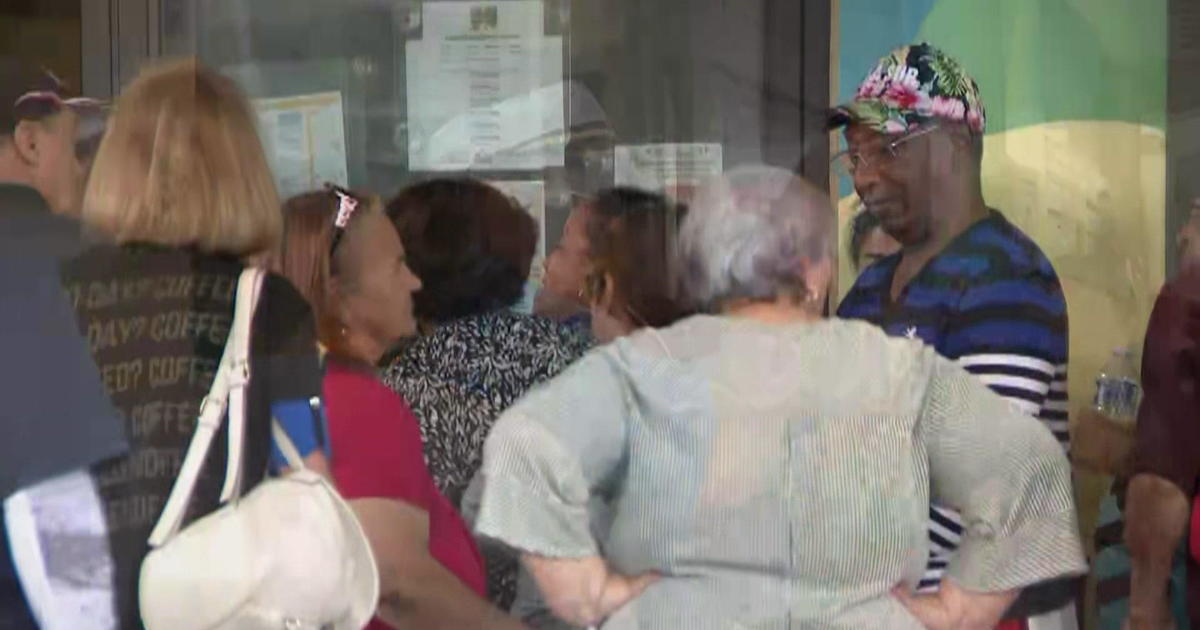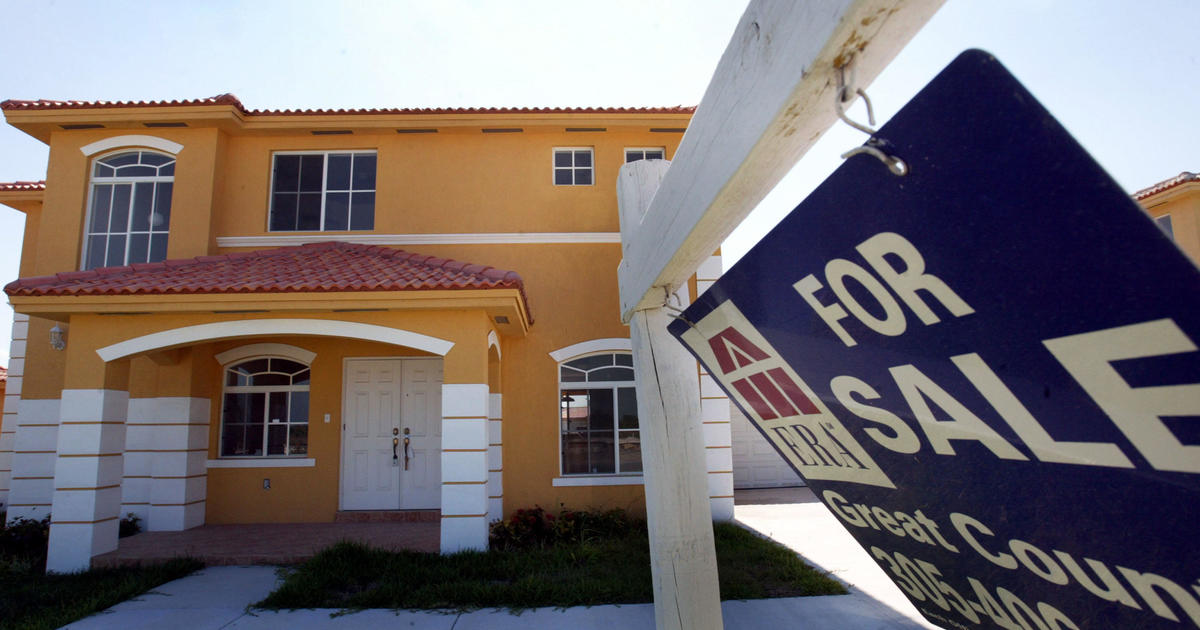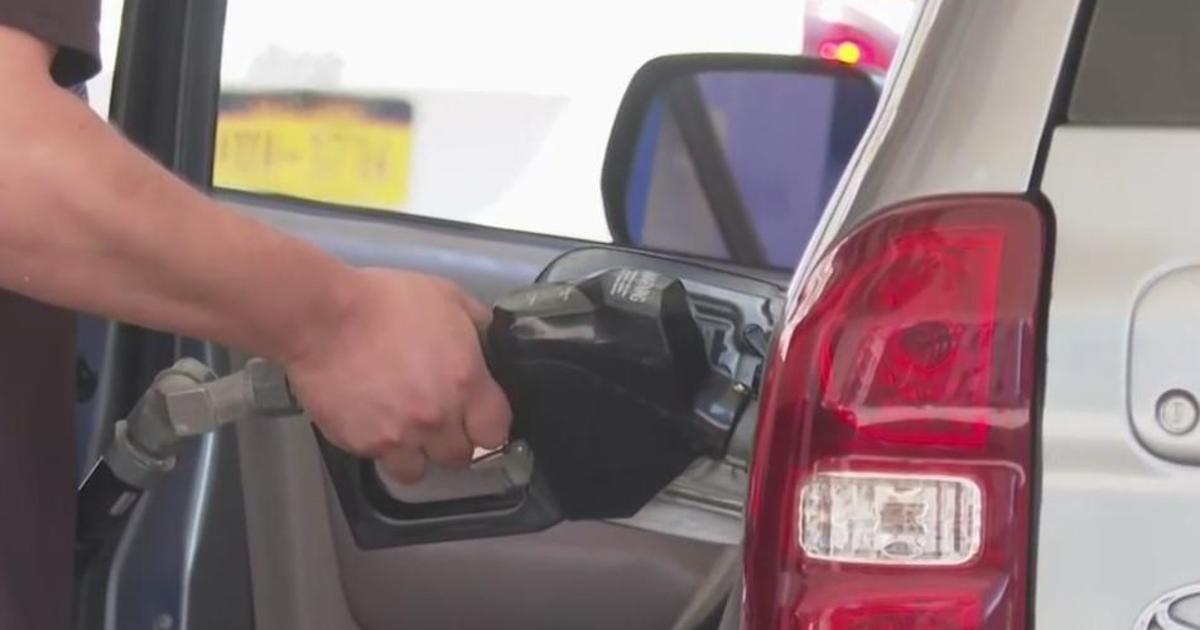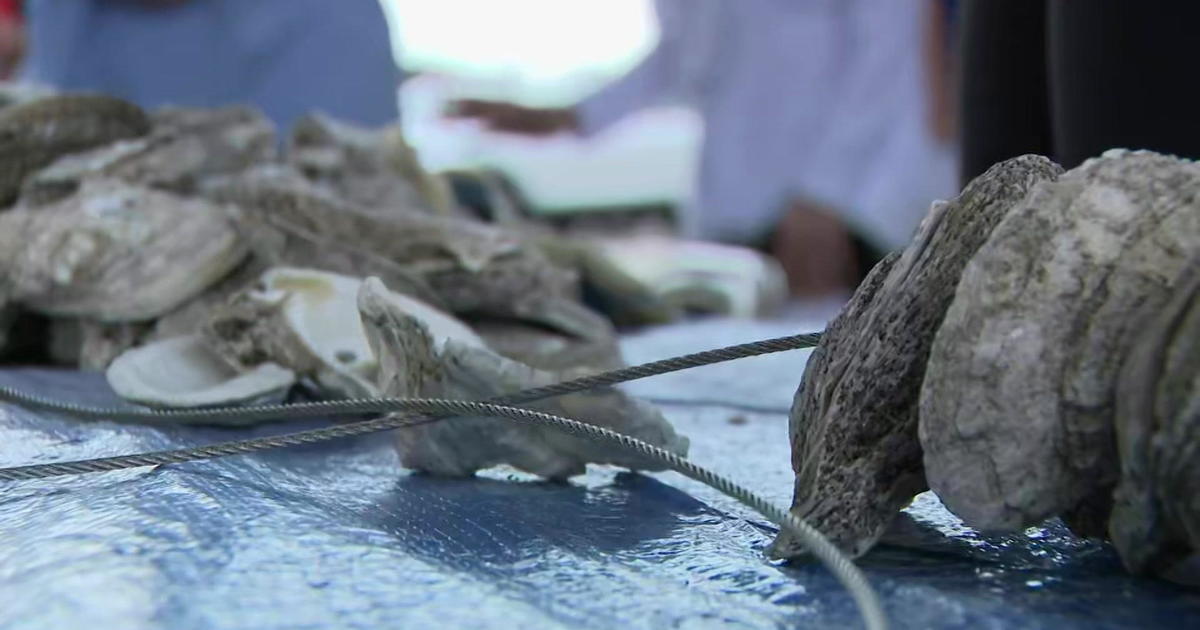What You Need To Apply For FEMA's Housing Help
Follow CBSMIAMI.COM: Facebook | Twitter
MIAMI (CBSMiami) – If you were hit by Hurricane Irma, FEMA may be able to offer you help to rebuild your home.
"You should register with FEMA whether you have insurance or not," said FEMA External Affairs Officer John Mills.
FEMA declared parts of Florida including Miami-Dade, Monroe Broward counties a disaster zone after Irma hit the state over the weekend. This means those counties are eligible for individual and public assistance that includes temporary housing, home repairs and replacing your home.
Speaking to CBS4 via satellite, Mills said they have funding to help anyone who's affected.
"Whether you're a homeowner, whether you are a renter or if you are in house a condo or an apartment, if you damage from Hurricane Irma, you should register for assistance with FEMA," Mills said. "You may be able to get money to live somewhere else temporarily. If you own the home or condo, you may be able to get money to make home repairs."
As of Thursday, nearly $10 million had been approved for individual and household programs but that money only goes to certain people who have losses in a declared disaster area, have no insurance or have filed a claim but the damage isn't covered.
When it comes to the residence you are filing for, the affected home should be where you were living at the time of the disaster and should be in a condition that you are not able to live in your home and it need repairs because of a disaster.
FEMA's grant program provides money to replace damaged furniture, clothes, hotel rooms you used to evacuate, tree removal and damage to your car. The list is extensive, but you must register first.
If you need help to rebuild your home, you can apply online or by phone at 1-800-621-FEMA (3362).
Once you are ready to apply for assistance, you will need the following information on hand:
- Social Security number
- Address of the damaged home or apartment
- Description of the damage
- Information about insurance coverage
- A current contact telephone number
- An address where you can receive mail
- Bank account and routing numbers for direct deposit of funds
Once you have applied, a FEMA housing inspector will call to schedule an inspection. On the day of the inspection, the inspector will show you a photo ID badge to show they are a real inspector. You could get visits from more than one inspector that represents various agencies.
Related: Mortgage Assistance Available In The Wake Of Hurricane Irma
During the inspection, an adult who lived or lives in the residence before the hurricane must be there and that person should have the following documents with them:
- Photo identification
- Proof of ownership and occupancy of the damaged residence such as: property tax bill; mortgage payment bill or receipt, or utility service bill
- Homeowner and vehicle insurance documents
- List of persons living in residence at time of disaster
- List of disaster damage to the home and its contents
To get more information, click here. To search other help you could be getting when it comes to work, food, housing, legal or medical needs, click here.
Related: How To Get Financial Help For A Business Or Home Damaged In Irma
"What they are doing is they are delaying your mortgage for 90 days. So if you have damage to your home and you need to have the extra breathing room to make your repairs, they are going to go ahead and add those three payments that they are going to forgive right now add it to the end of your loan," insurance expert Dulce Suarez Resnick said. "So if your loan was due to end in 2020 in June, it's now due in 2020 but in September."
Suarez Resnick said you should check with your mortgage company to see if you are eligible. She also said that regardless of your insurance deductible you should file a claim with your insurance.
"The reason is Florida has a calendar year for your deductible on homeowners' policies," Suarez Resnick said. "And should we have another storm, that amount that you had now will apply to the next storm. So your deductible will be lower."
